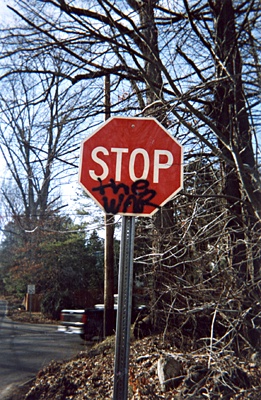All Nonfiction
- Bullying
- Books
- Academic
- Author Interviews
- Celebrity interviews
- College Articles
- College Essays
- Educator of the Year
- Heroes
- Interviews
- Memoir
- Personal Experience
- Sports
- Travel & Culture
All Opinions
- Bullying
- Current Events / Politics
- Discrimination
- Drugs / Alcohol / Smoking
- Entertainment / Celebrities
- Environment
- Love / Relationships
- Movies / Music / TV
- Pop Culture / Trends
- School / College
- Social Issues / Civics
- Spirituality / Religion
- Sports / Hobbies
All Hot Topics
- Bullying
- Community Service
- Environment
- Health
- Letters to the Editor
- Pride & Prejudice
- What Matters
- Back
Summer Guide
- Program Links
- Program Reviews
- Back
College Guide
- College Links
- College Reviews
- College Essays
- College Articles
- Back
Ender's Game
I just came back from the cinema. Ender's Game was just introduced into China in Jan, 2014. And I'm the first wave of audience. It is hard for me to write a proper review of a film, thus, I only write my opinions.
This film was adapted from a synonymous novel published in 1977 (Published on a magazine as a short story. And then as a full-length novel in 1985). Although the book is lying on a shelf of my university's library, I've never opened it. But after watching the movie, I have the instinct that the director cut some plots of the novel. Because the transition of scenes sometimes makes the story quantized but not smooth. And without enough details, the characters of the hero and other roles are not so prominent. For example, the colonel orders Ender to be a new commander of a troop. And he indicates that the member of the troop are rather asocial. If the details of the plot how Ender gathers them under his commands are enhanced, the resolute and intelligence of him can be more apparent. However, it is a pity in the film that only with a few words, which seem to be a vacant sermon, those strangers obey Ender's orders. The same neglects happens in many knots of the process of Ender's promote. It gave me an impression that the challenges he meets are just a set of processes, and all goes well. The movie have desired to create a young hero. Nevertheless, the neglect of details doesn't let me feel his powerful features.
The end part of the movie reveals the main idea: how to comprehend invasion, revenge and military action. It is an old-fashioned topic of movie. Perhaps the form to reveal the topic of this movie is more suitable for kids in junior school or primary school. It brings out a comprehensive question: What is the relationship between violence and peace? Formics use violence to colonize earth and we fight them back with a war. And then, a peace lasting 50 years comes. But humans are not so satisfy with the 50 years peace. The army afraid that one day the Formics will come back to earth and the peace is unreliable, or just illusion. Hence, humans strike out first and attempt to eliminate Formics forever with high-tech weapons. At last, Ender believes that peace can be attained via equal dialogues. Humans have 50 years peace, is it just because we use sufficient violent methods making Formics withdraw? Or if human destroy Formics, is the single-side peace worthwhile? Is equal-dialogue always gold? It reminds me a fact: After La Révoluition Francaise, only Napoleon could keep the stability of the country and no foreign troops could invade France. Napoleon said, "The peace comes, which is because of my campaigns rather than those negotiations!" Making an association between Ender's Game and the quote from Napoleon, I reckon that peace must comes before violence. When one or more sides have a deep comprehension of each other's power of violence, all of them will be willing to sit together and have an equal dialogue and in search of the way to be peaceful. This law has been confirmed in the world. China, Japan and other Asian countries are in trap of disputes, because they've never knew the violence power of each other -- In World War II, Japan was beaten by USSR and USA, China and other Asian nations won the war with the assistance by USSR, USA and UK. With the interference from other countries, they didn't realize how self-destruction horrible. And Why European countries are relatively cohesive? Because they hurt each other heavily in WW I and WW II. With a deeper comprehension of violence, they get peaceful. As I see, that is what Ender's Game wants to tell us.
Apart from the defects of skills of movie making and scenario arrangement, the scene image and the main idea is remarkable. Especially it gave me a new grasp of war and peace.

Similar Articles
JOIN THE DISCUSSION
This article has 0 comments.
